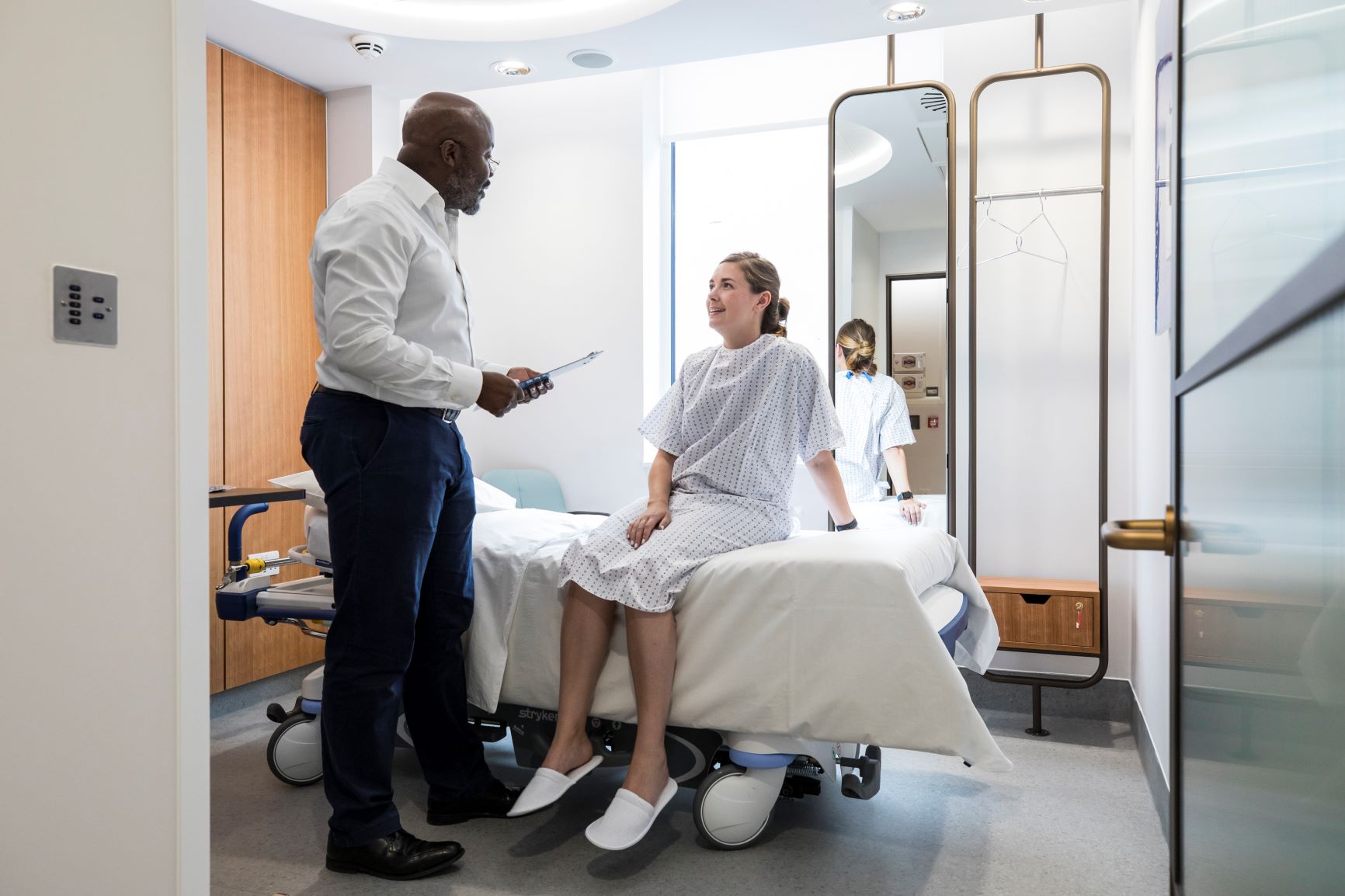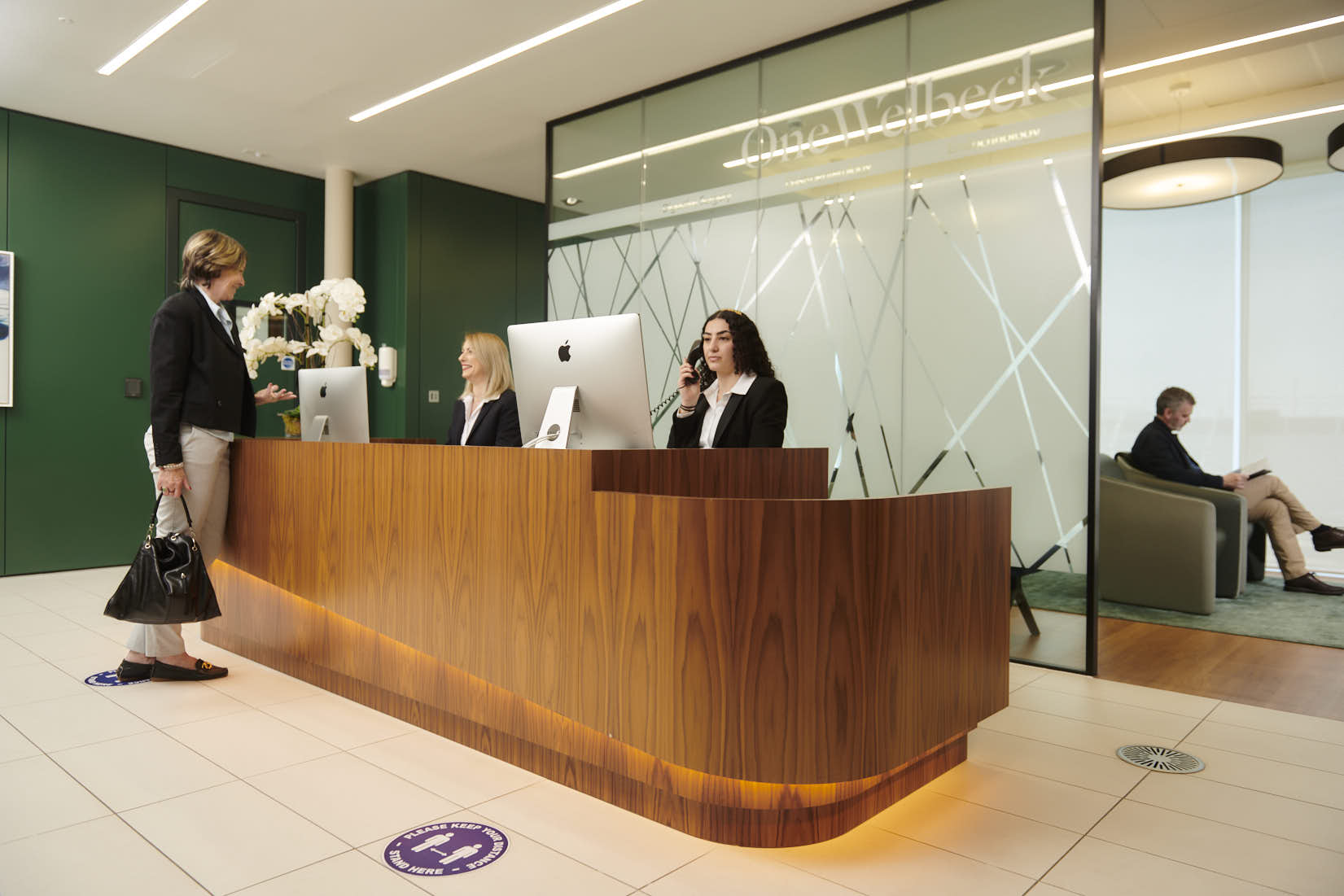A colonoscopy is a camera examination where the lining of the colon is checked for abnormalities by inserting a tube through the bottom, usually under sedation. For more information on the treatment, we recommend reading our colonoscopy page, where we also provide information on bowel prep and what you would be expected to do to get ready for the procedure.
A colonoscopy is a straightforward procedure, but due to its sensitive nature, people may not feel comfortable enquiring about. You might wonder what a colonoscopy might feel like and what to expect after the procedure, including what it and if there are any possible side effects. Let’s answer some of those commonly asked questions.




